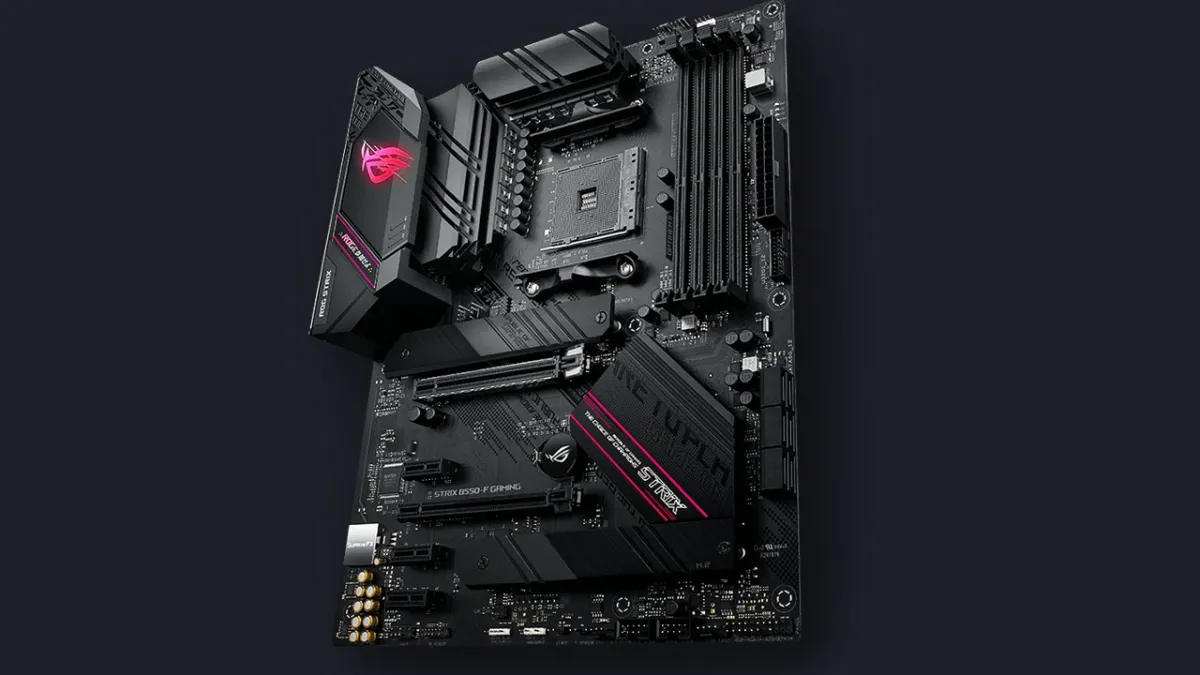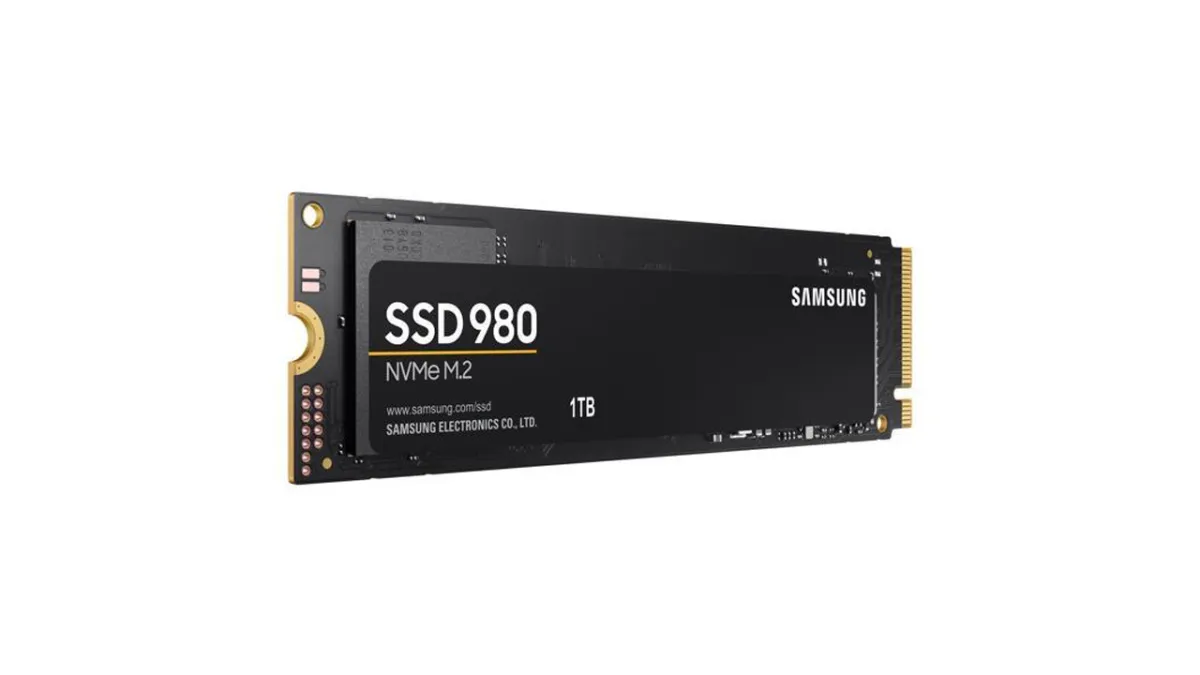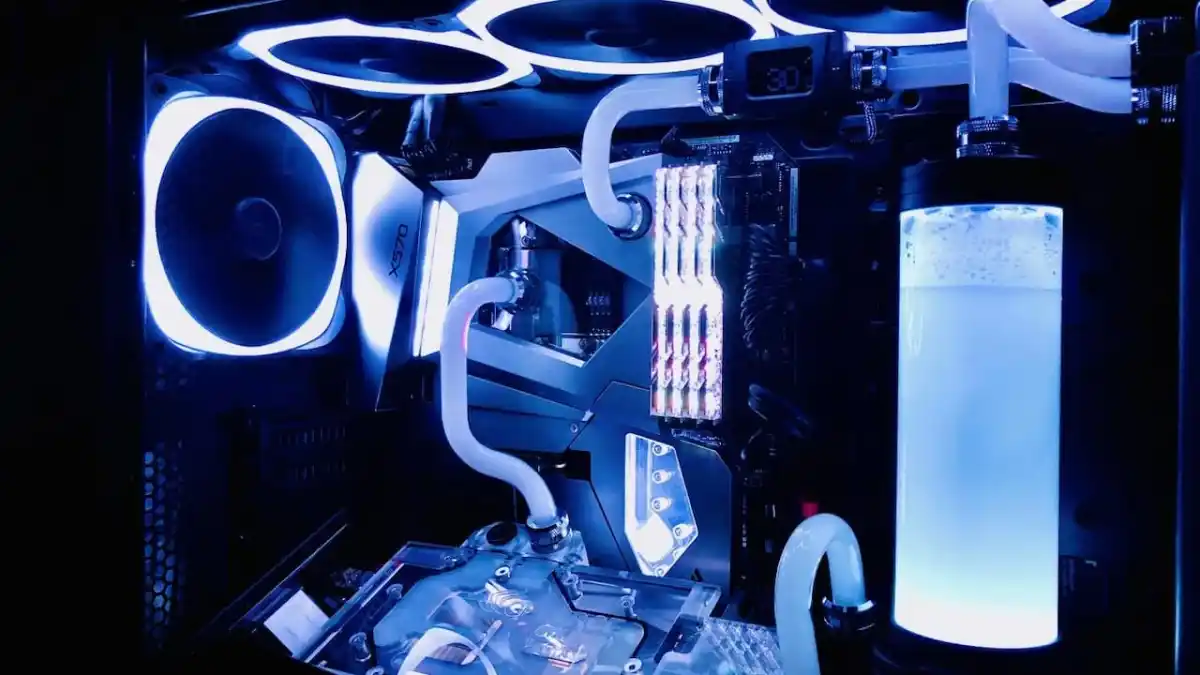We’re in a new year, which means there’s equally a lot of new technology to look forward to at the upcoming CES 2021 digital event. Companies tend to shift the focus in new directions at these kinds of events, and Linux founder Linus Torvalds seems more than ready to get the discussion going about ECC memory. While it may still be a little soon for programming wizards to enjoy universally better standards, ECC memory is certainly still worth discussing due to its inclusion in the JEDEC spec for the upcoming DDR5 generation.
So what is this thing you might ask? Well, in short, ECC memory is a specific kind of system RAM that differs from DRAM in a key way. It features an extra chip on each module which performs automatic error correction checks. If it detects an error in how the data was written, the extra chip is able to correct the error in most cases. It’s great for developers, but currently lacks broad support across the consumer space.
Tech wizard mad, but why bad?
For Linus Torvalds, the lack of ECC memory support was a particular nightmare. Recently on the RealWorldTech forums, he recalled multiple frustrating instances while working on Linux without the benefits of ECC memory. There were times when he encountered unexplainable kernel errors. He could only conclude that they were related to the hardware rather than the code. According to Torvalds, ECC memory could do a lot of good in fixing stability issues in the consumer space. He blames Intel from holding the industry back for years though, due to its “horribly bad market segmentation.”
Frankly, Torvalds had a lot to say about the topic, including offering praise to AMD for adding some support to its products. We’re not in the business of incessantly dissing or promoting any particular company, but you can read on if you’d like to know everything Torvalds had to say.

Gamers and marketing departments like speed.
Yet despite all of the flack fired about by Torvalds, there are other opinions about ECC. Take Micron’s Crucial memory branch for instance, which knows a thing or two about the subject. Its opinion on ECC suggests it’s not the holy piece of tech Linus Torvalds makes it out to be.
“Using ECC decreases your computer’s performance by about 2 percent. Current technology DRAM is very stable, and memory errors are rare, so unless you have a need for ECC, you are better served with non-parity (non-ECC) memory.”
So ECC memory isn’t all good news, but the many other advances of DDR5 should more than makeup up for the performance costs of ECC. All in all, it will create a better user and programmer experience once it’s universally implemented.

We’re sure to learn a thing or two more about things like ECC memory and DDR5 this year. Look towards CES 2021.
Gaming and future implementation
The important takeaway here for gamers is that ECC memory has a future in your hardware. While most of us don’t have motherboards that even support it (thanks to Intel), it will become standard when DDR5 arrives for consumers. That could be as early as Intel’s 12th gen Alder Lake CPUs due for late 2021, or whenever Zen 4 arrives from AMD. Official DDR5 support hasn’t been announced by either company yet, but CES 2021 sure sounds like a good time for one of them to at least mention it. We know AMD will embrace DDR5 in 2022 according to internal roadmaps related to financial briefings. For now, we will just have to wait and see what happens.
Whenever DDR5 does arrive, it will offer higher system memory capacities, higher frequencies, more features (like ECC), and better power efficiency. It’s certainly enough to get gamers excited and on to the next big thing in tech. Better yet, everyone can rest easy once it’s around.







Published: Jan 5, 2021 06:00 pm